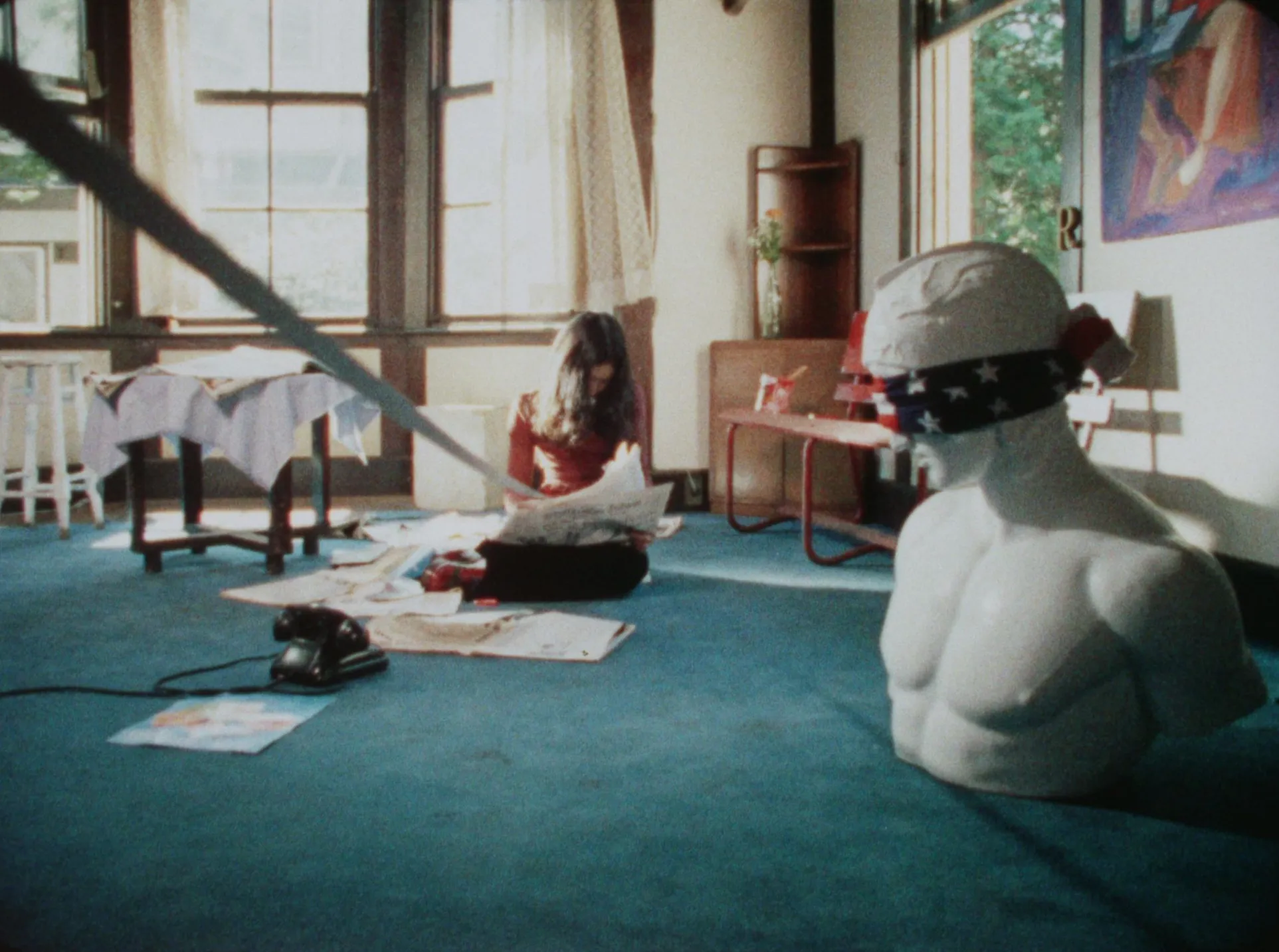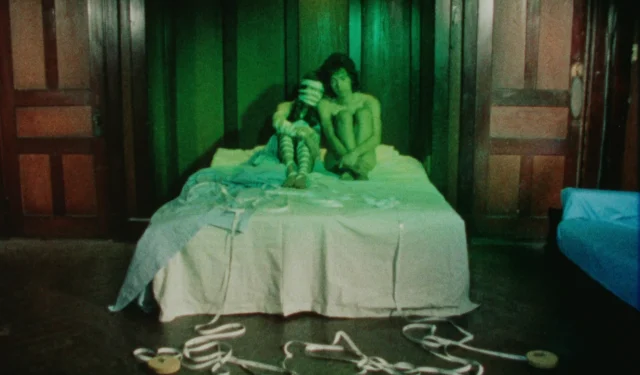Kani Releasing Secures North American Rights to Cult Classic Bye Bye Love
Kani Releasing has recently acquired the North American rights to Isao Fujisawa’s 1974 seminal queer film, Bye Bye Love, a project once thought lost to history. The film is slated for a theatrical debut in U.S. arthouse cinemas in late 2025, with a subsequent release on Video on Demand (VOD) and home video formats.
For many years, Bye Bye Love—the only fictional feature from Fujisawa—was presumed to be a lost artifact, as the single known print had deteriorated to a projection-unfit state. However, in a fortunate turn of events, the film’s original negative was rediscovered in 2018 within a Tokyo film lab’s warehouse. Since then, Japanese producer and director Akihiro Suzuki (known for Looking for an Angel) has been actively championing the film’s restoration and revival.
Impact and Legacy of Bye Bye Love
This film has played a pivotal role in the emergence of jishu eiga, or self-produced films, influencing numerous filmmakers, including Suzuki, who was inspired to create his own works after experiencing Bye Bye Love. Kani Releasing has also obtained the North American rights to Suzuki’s Looking for an Angel (1999), which draws direct inspiration from Fujisawa’s iconic film.
The Director’s Journey
Isao Fujisawa honed his filmmaking skills under the tutelage of renowned director Hiroshi Teshigahara, working as an assistant director on influential 1970s Japanese New Wave films such as Woman in the Dunes and The Face of Another. Although Fujisawa transitioned to television and documentary work afterward, Bye Bye Love remains his singular venture into fictional storytelling. Esteemed critics have noted that the film artfully aligns itself with cinematic masterpieces like Jean-Luc Godard’s Pierrot le Fou, Arthur Penn’s Bonnie and Clyde, and Toshio Matsumoto’s Funeral Parade of Roses, deftly weaving anti-imperialist and existential themes throughout its narrative.
Plot Synopsis
Bye Bye Love chronicles the life of Utamaro, a character embodying disillusionment and existential despair. His encounter with Giko, a non-binary shoplifter, sets off a chain of events that leads them to flee from a murder scene. This premise serves as a rich backdrop to examine themes of societal discontent, free love, and gender fluidity against the rapidly changing cultural landscape of Japan in the 1970s. The film delves into a series of surreal, psychedelic, and candid sexual experiences that define Utamaro and Giko’s connection.

Film Revival and Future Prospects
Following the successful restoration of Bye Bye Love, New York’s Metrograph cinema featured the film alongside Teshigahara’s and Fujisawa’s adaptations of Kobo Abe’s works, including Woman of the Dunes and The Face of Another.
Additionally, Looking for an Angel paints a heartfelt portrait of Shinpei, a rural newcomer to Tokyo grappling with the murder of Takachi, a gay performer recognized for adult films. Through a nostalgic lens, the viewer unravels Takachi’s multifaceted desires, captured in an unconventional narrative described by Suzuki as “anti-heterosexist,” transcending simple categorizations of sexuality.
“A total, out-of-the-blue, diamond-in-the-rough discovery coming to us from passionate archivists of Japanese cinema such as Akihiro Suzuki and Collaborative Cataloguing Japan, Bye Bye Love feels like a missing piece in the continuing film history of the Japanese counter-culture — its torch carried decades later in films such as Looking for an Angel and countless other jishu eiga films unafraid to challenge the status quo with their images and spirit,” says Ariel Esteban Cayer, Kani Releasing’s co-founder and artistic director. “It’s an honor to be able to bring these films to a wider audience.”
For more information, you can visit The Hollywood Reporter.


